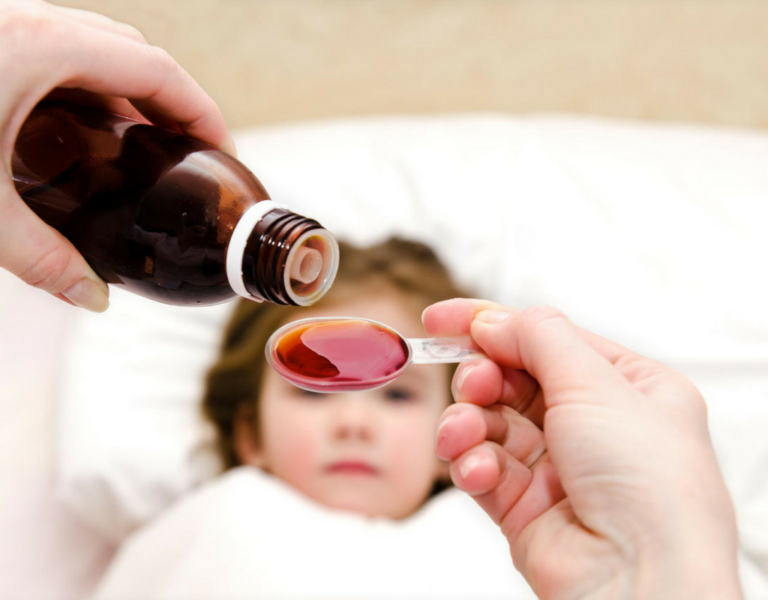With summer around the corner, children and teens may be spending more time in shorts, swimsuits, and tank tops. This seasonal shift can sometimes lead to increased self-awareness or sensitivity about their bodies, particularly as they navigate the physical changes of growth and development.
The summer season can be a challenging time for kids and adolescents who are still getting comfortable in their own skin. Whether it’s comparing themselves to peers, feeling self-conscious in swimsuits, or navigating the physical changes of puberty, body image concerns can affect children of all ages.
It is important to recognize that body image is about so much more than just weight. For many children and teens, it includes height, body shape, skin concerns, hair growth, muscular development, and how “normal” their bodies seem as they go through puberty.
Parents play a critical role in supporting healthy body image at every stage of development and in helping children build a strong sense of self during these formative years.
What Is Body Image?
Body image is how a person views and perceives their own body. It develops gradually as children grow and gain awareness of themselves, and can be shaped by a variety of experiences and influences over time.
A healthy body image doesn’t mean loving every part of your body all the time—it means feeling comfortable in your body, appreciating what it can do, and not letting appearance define your value.
A Parent’s Guide to Nurturing Positive Body Image – By Age
Young Children (Ages 3–7)
- Focus on function over appearance. Praise what their body can do—running, climbing, dancing—rather than how it looks.
- Avoid body-related comments. Even casual remarks about size or weight can stick and make a long-lasting impact on your child.
- Set a healthy example with your own body image. Be mindful of how you speak about your own body—demonstrate positive self-talk and body acceptance.
- Choose books and shows that reflect body diversity. Select media that features a wide range of body types and abilities to help your child develop a healthy, inclusive understanding of what bodies can look like.
Bodies Are Cool by Tyler Feder
Books that promote healthy body image
Body Positive Affirmations for Kids Through Books, Shows, and Movies
Tweens (Ages 8–12)
- Normalize changes. Puberty starts at different times for different kids—help them understand it’s all normal.
- Create safe spaces for conversation. Encourage questions and listen when your child shares concerns.
- Shift the focus away from looks. Encourage conversations that highlight your child’s strengths, character, and efforts—such as their curiosity, creativity, kindness, or perseverance—rather than appearance.
- Talk about media messages. Engage with the content your child is viewing and use it as an opportunity to discuss how images and portrayals of beauty are often edited, filtered, or unrealistic.
Teens and Young Adults (Ages 13–18+)
- Listen with empathy and without judgment. When your child shares concerns about their body, acknowledge their feelings and offer support through understanding and open conversation.
- Be mindful of your language. Even well-intended comments about weight or appearance can have a lasting impact, so it’s best to avoid them altogether.
- Support mindful social media use. Encourage regular breaks from social media and suggest that your child follow accounts that support realistic and positive messages about body image.
- Frame health holistically. Talk about food and movement in terms of strength, energy, and mental well-being—not appearance.
What to Do If Someone Comments on Your Child’s Body
- Listen and validate. Stay calm, give your child space to talk, and acknowledge their feelings. Let them know it’s okay to feel upset or confused by the comment.
- Offer perspective. Help your child understand that when other people comment on your body, it is often a reflection of that person’s opinions or insecurities – it is not an objective truth.
- Help them respond and set boundaries. Teach your child that it’s okay to speak up when a comment makes them uncomfortable. Depending on their age and personality, you can help them practice simple, respectful phrases like:
- “I’d rather not talk about my body.”
- “That comment wasn’t okay with me.”
- “Please don’t say things like that.”
For younger children, even saying, “That hurt my feelings,” or walking away can be a powerful way to set a boundary. Role-playing can also be helpful, especially for younger children or those who feel unsure about how to respond in the moment.
- Stay aware and follow up. Pay attention to how your child is coping in the days and weeks after the comment. If the remark came from someone close—such as a relative, friend, coach, or teacher—it may be helpful to address it directly and calmly. If you notice ongoing distress or changes in behavior, reach out to your pediatrician for guidance and support.
General Health Tips for All Ages
- Prioritize sleep. Being well-rested improves mood and helps manage stress and self-doubt.
- Encourage balanced eating. Avoid labeling foods as ‘good’ or ‘bad.’ Focus on variety, nourishment, and helping your child build a healthy relationship with food.
- Model self-compassion. Kids take cues from their parents. Let them see you being kind to yourself—even on days when you’re not feeling your best.
- Listen without judgment. If your child opens up about body concerns, respond calmly and with empathy. Sometimes what they need most is simply to be heard.
When to Seek Help
Consider contacting your child’s pediatrician if you notice any of the following:
- Frequent negative comments about their body
- Avoidance of activities or social situations they previously enjoyed
- Signs of disordered eating or excessive focus on exercise
If you’re concerned about your child’s self body image or emotional well-being, reaching out to your pediatrician is an important first step. South Riding (Farrell) Pediatrics provides comprehensive care that supports your child’s physical, emotional, and developmental health. We can also connect you with trusted specialists in child and adolescent wellness, including experienced therapists and nutritionists.
If you ever have questions or concerns about your child’s well-being, don’t hesitate to reach out—we’re here to help.




